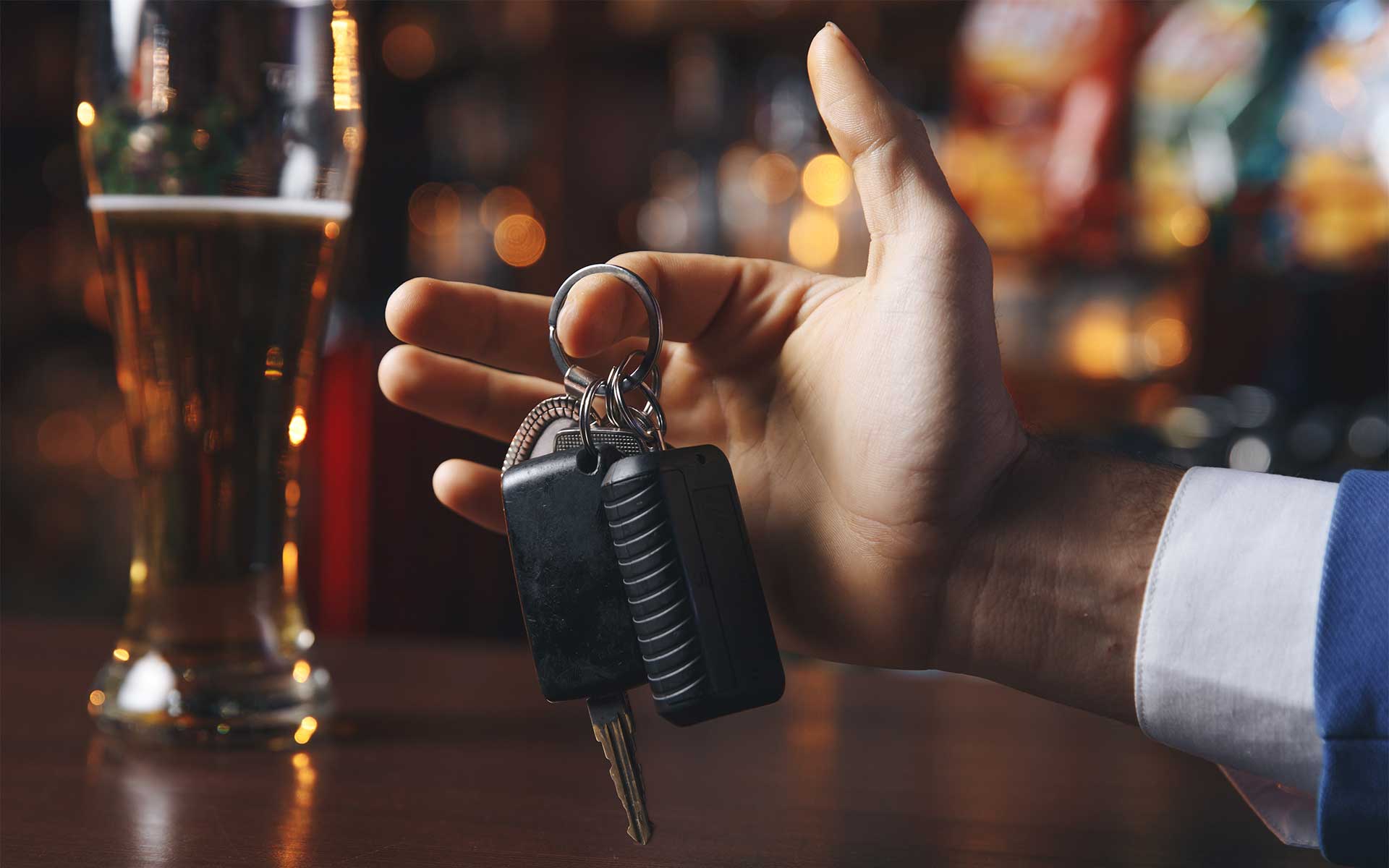
There are many things Texans can be proud of, but DWI statistics, unfortunately, is not one of them. With around 24,000 DWI-related crashes in 2019 and 2020, Texas annually sees some of the highest numbers in the country.
Even though the Texas Penal Code offers clear guidance, there are many misconceptions about DWI. To keep the roads safer for you and your loved ones, we clarify some of these misconceptions in this blog post.
What is a DWI?
DWI is otherwise known as “DUI” and refers to driving while intoxicated with either drugs, alcohol, or both. If one is found to have a blood alcohol content of 0.08% or higher in a field sobriety test, they will be charged with DWI according to Texas law. Legal consequences for this offense vary depending on the circumstances, which we have written about previously.
The most important thing to remember is that DWI convictions stay on record indefinitely and cannot be erased. Without further ado, let’s clarify some of the most common misconceptions about DWI in Texas.
1. If You Decline to Provide a BAC Test You Can’t Be Charged
Even if you decline to provide a BAC test, you can still be charged with a DWI. This is because blood alcohol content (BAC) tests, urine and blood samples, and intoxilyzers are not the only evidence the police can present in court against you regarding DWI.
Other evidence may include the common law and the observation DWI, which consists of a police officer’s testimony about the condition the charged person was in when the offense happened and how they operated the vehicle. Nowadays, video recordings from the officer’s body cams or dashcams are often included in the DWI observation.
2. If You Don’t Show Signs of Drunkenness You Can’t Be Arrested for DWI
While a person may not show signs of drunkenness in a field sobriety test or any other interaction with the police, they can still be arrested for DWI based on the officer’s judgment of “totality of circumstances”. This means that even if a person passes the field sobriety test, they can still be asked to do a BAC test, in addition to being observed for the overall conduct.
3. You Should Answer Any Questions That Police Ask You
This is a clear misconception. It may be tempting to lie to the police to get out of the situation, but keep in mind that this may bring additional criminal charges. For this reason, the smartest thing to do is not to make any statements without your attorney’s presence. Make sure to cooperate and provide only the necessary information.
4. Everyone Facing DWI Charges Must Be Guilty
Not everyone facing DWI charges is guilty. Tests such as breathalyzer are not 100% accurate, which unfortunately allows room for error. Sometimes, a warrant may be required in order to exercise a BAC test. Due to these and other circumstances, a charged person has more of the reason to wait for their attorney’s presence before they answer any questions.
5. A DWI Case Can’t Be Won
DWI cases are often nuanced and complicated, making them seem challenging to win. However, a thorough lawyer will make sure to review all the evidence, statements, and reports to find errors or factual discrepancies and devise a winning strategy based on this.

6. Any Attorney Can Defend You in a DWI Case
Due to the many complexities of DWI cases, not any lawyer can defend you. A seasoned lawyer will know to predict the prosecutors’ strategies and devise their own based on the available evidence.
7. DWI is Not a Criminal Offense
DWI is a matter of criminal law, meaning that it can result in consequences such as driver’s license suspension, fines, incarceration, court or TX Motor Vehicle Commission surcharges, obligatory participation in offender education programs, and the like.
8. DWI Can Be Expunged From The Records
Once on a record, a DWI will remain there indefinitely. Even if it is your first time driving under the influence, keep in mind that Texas Penal Code does not allow expungement of traffic offenses.
9. Breathalyzer Tests Are 100% Accurate
Breathalyzers are not 100% accurate because they only measure how much alcohol is contained in the exhaled air and omit factors such as respiration rate, body temperature, whether the person has taken medication, mouthwash, or mouth fresheners.
Breathalyzers can also be regularly cleaned, calibrated, and tested, and failing to do so may provide false positives.

10. First Time Offenders Will Not Be Penalized
When it comes to DWI, a plea bargain is not possible, nor should you expect not to be penalized because it is your first offense. Texas Penal Code prescribes mandatory minimum penalties for first-time offenders too.
11. You Should Represent Yourself On a DWI Case
Before you decide that you can represent yourself and do not need a lawyer, remember that what is at stake is your freedom, driving privileges, and a severe blow to your budget. An experienced lawyer will have a more nuanced knowledge of the law and will be able to better negotiate with the judge and prosecution.
12. You Can’t Be Charged With DWI If You Aren’t Driving
DWI laws go beyond intoxicated driving and extend to situations such as sitting in a parked vehicle while under the influence of alcohol or drugs. Even if you pull to the curb to sleep off the intoxication, you can still be charged.
13. You Must Perform a Field Sobriety Test
While you are legally required to take the breathalyzer, there are no legal obligations concerning field sobriety tests. You have the right to refuse to perform a field sobriety test.
14. You Can Avoid Showing Up to Court
Even if it comes with hefty fines or incarceration, you should still show up in court. Should you avoid showing up to court for your DWI charges, the court will be entitled to issue an arrest warrant. This will only make the penalty more severe.
Remember: each DWI case is different, and each is complex and comes with severe consequences that remain on your record forever. If you or your loved ones need help from an experienced attorney, contact us today at (512) 614-4412, since time is of the essence.


